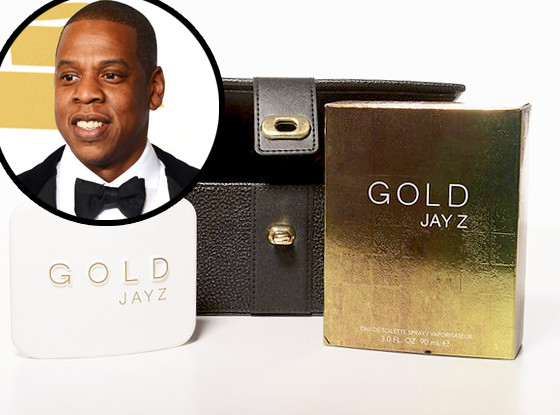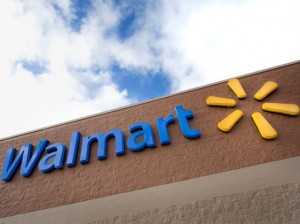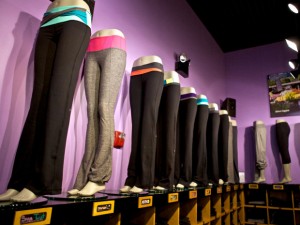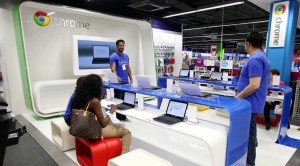 In a fitting fashion, entrepreneur Anders Mjaset co-founded Mesh, an open concept office building that allows other entrepreneurs to rent a desk in the office that they can use to run their business through. This free-flowing office concept allows entrepreneurs to connect with one another, while still having a place to work on their own terms. It is this new wave of entrepreneurs who are utilizing the communication intensive lean business plan. These offices foster an open and communal atmosphere where entrepreneurs can network and discuss their ideas with others, exactly the type of environment in which the lean start up excels. It is the type of space where ideas can be shared freely and often and direct feedback can be gathered through others who are going through the same process as you. It is also a one-stop shop for inventive minds that can be combined to engineer and develop new products, allowing alterations to be easily made. These connections between Mesh and the lean start up can be drawn due to the agile nature of both concepts making each a perfect compliment of the other.
In a fitting fashion, entrepreneur Anders Mjaset co-founded Mesh, an open concept office building that allows other entrepreneurs to rent a desk in the office that they can use to run their business through. This free-flowing office concept allows entrepreneurs to connect with one another, while still having a place to work on their own terms. It is this new wave of entrepreneurs who are utilizing the communication intensive lean business plan. These offices foster an open and communal atmosphere where entrepreneurs can network and discuss their ideas with others, exactly the type of environment in which the lean start up excels. It is the type of space where ideas can be shared freely and often and direct feedback can be gathered through others who are going through the same process as you. It is also a one-stop shop for inventive minds that can be combined to engineer and develop new products, allowing alterations to be easily made. These connections between Mesh and the lean start up can be drawn due to the agile nature of both concepts making each a perfect compliment of the other.
Article Link: http://www.bbc.co.uk/news/business-24912717








